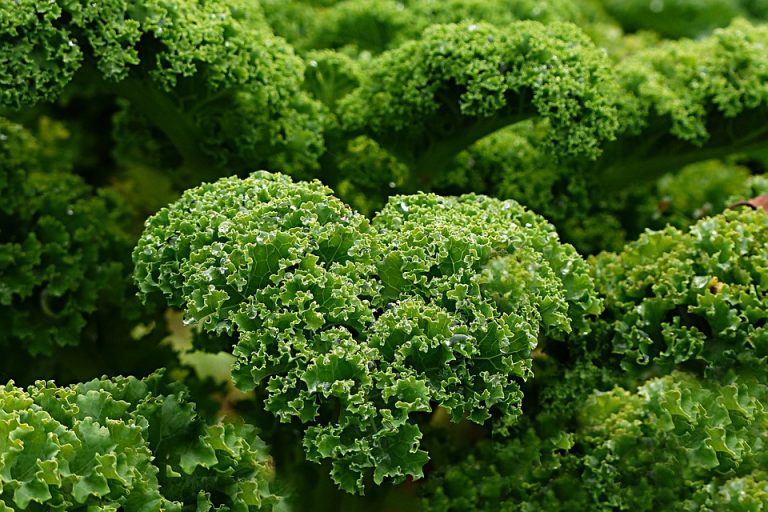8 Reasons You’re Not Losing Weight
 Photo by redrocket54321
Photo by redrocket54321
8. You Are Not Drinking Water
According to the medical experts at WebMD, drinking a glass of water before a meal caused people to consume around 75 less calories per meal. If you multiply that by three for three meals a day and then by 365 days a year, you get a lot of weight loss.
Medical experts are constantly arguing about how much water people should drink to help lose weight. The old standard used to be around 96 ounces per day broken down into eight glasses, but now experts are saying that the amount of water you should drink depends on your height and weight. What the experts all agree on is that drinking water is critical for any diet, so start drinking at least 96 ounces of water a day and you will see results.
Weight loss is not a game that can be won or lost. It is a serious change in lifestyle that will help you to feel better physically and mentally. If you have hit a roadblock in your weight loss, then re-evaluate your methods and determine what you are doing wrong. In the end, it is all about your health and the best things you can do to improve it.






